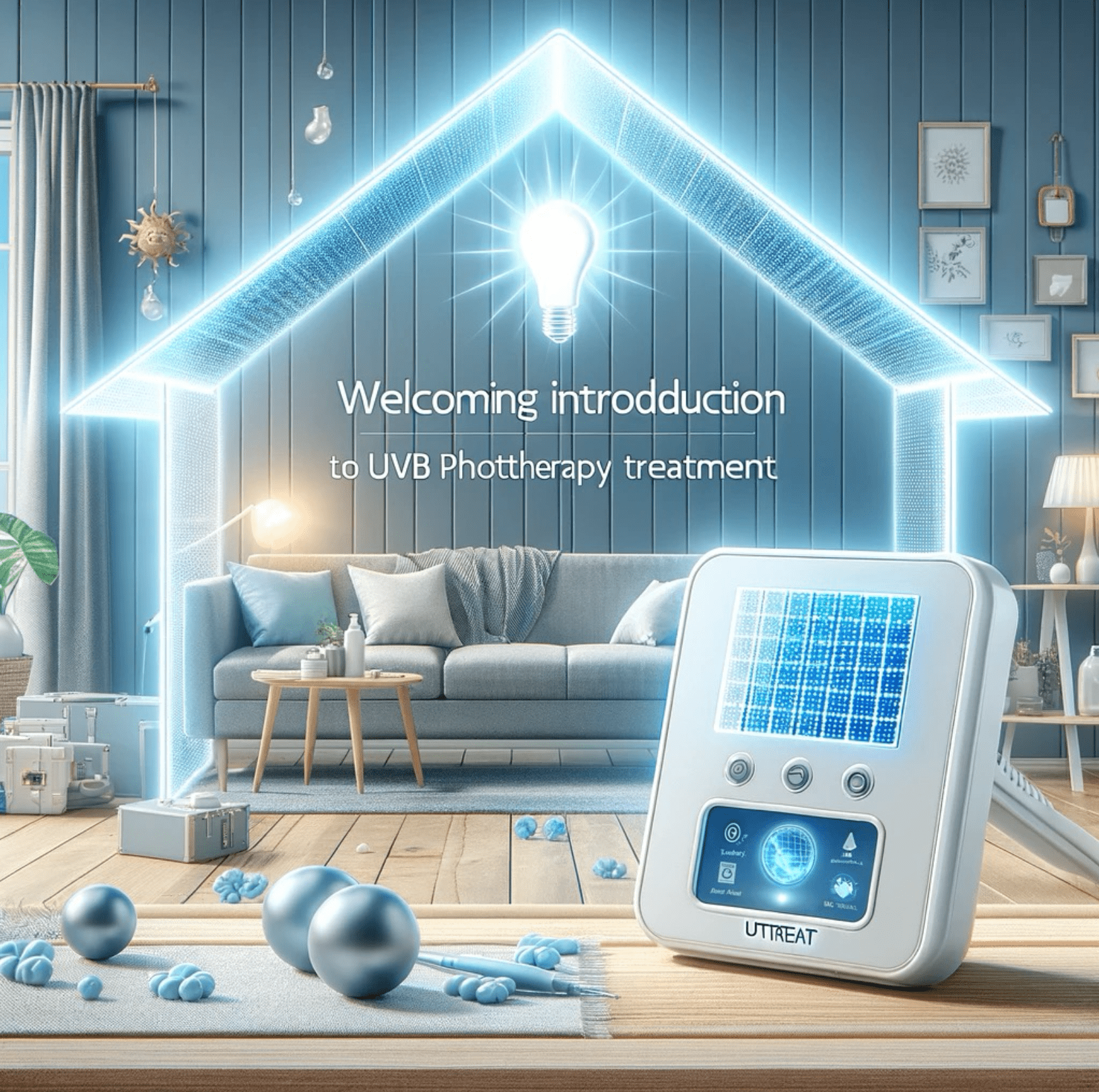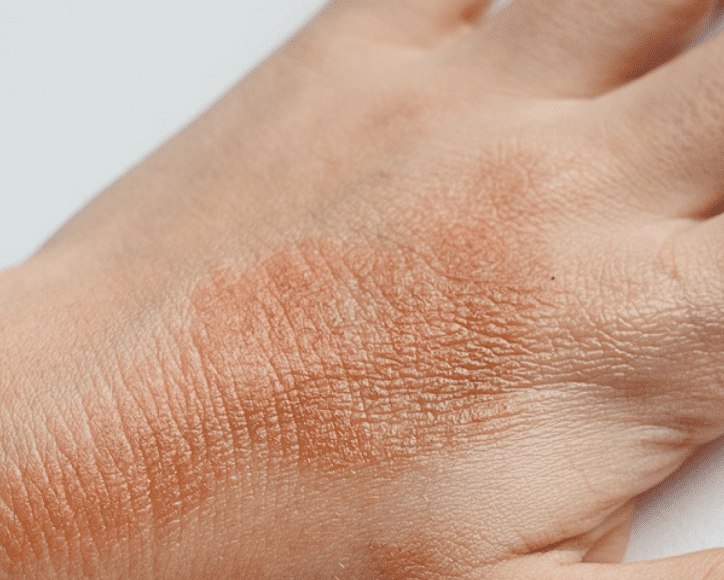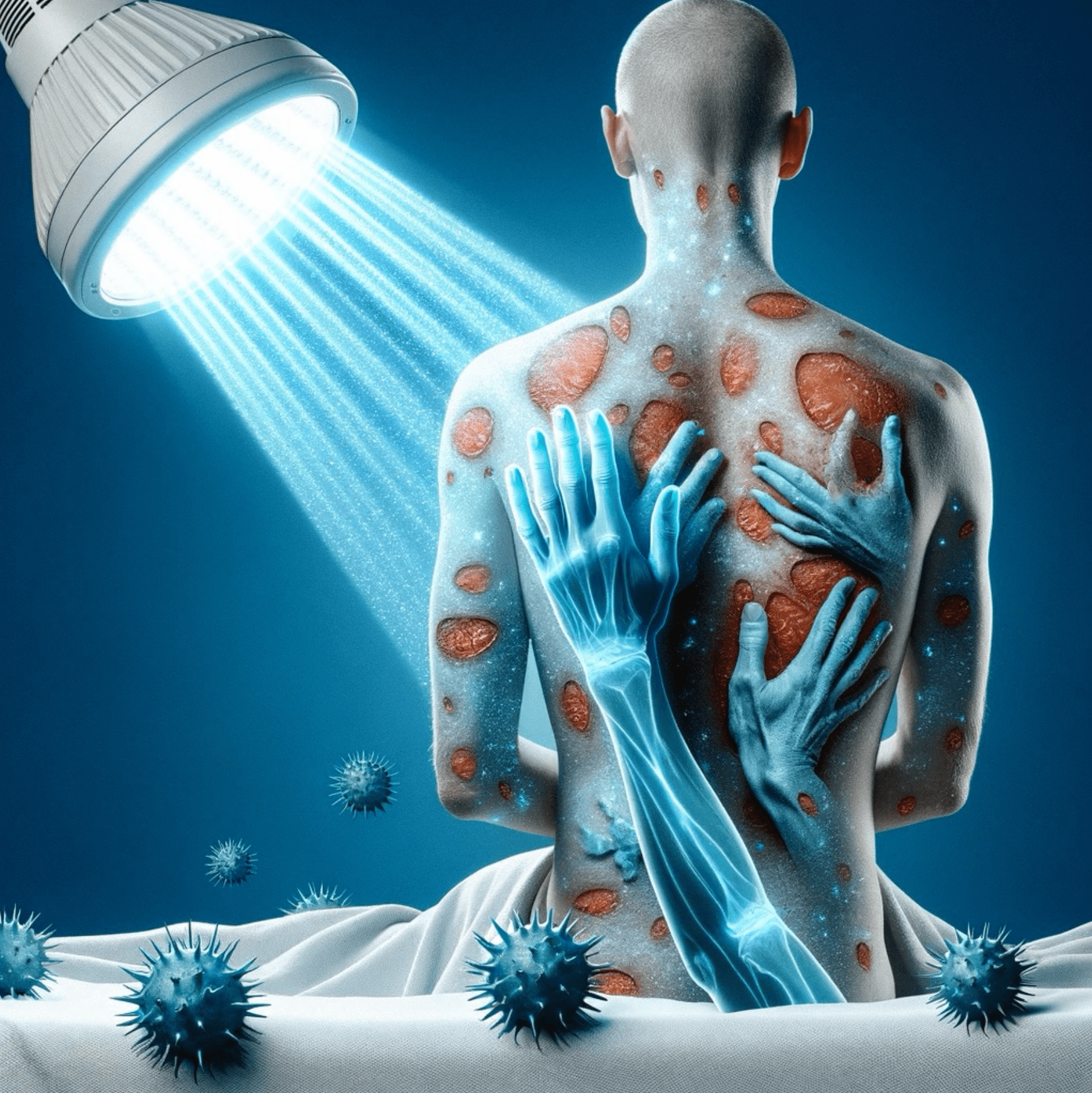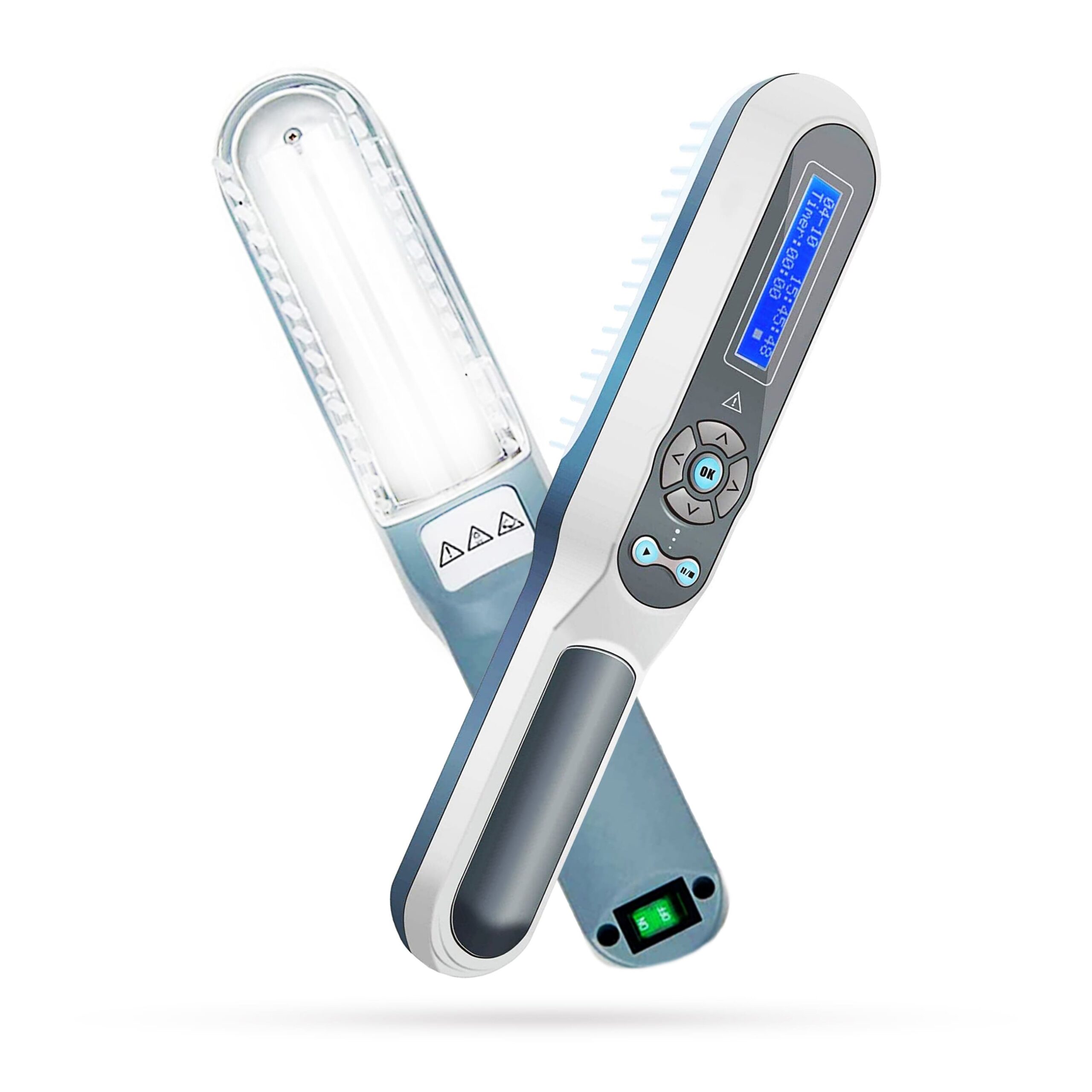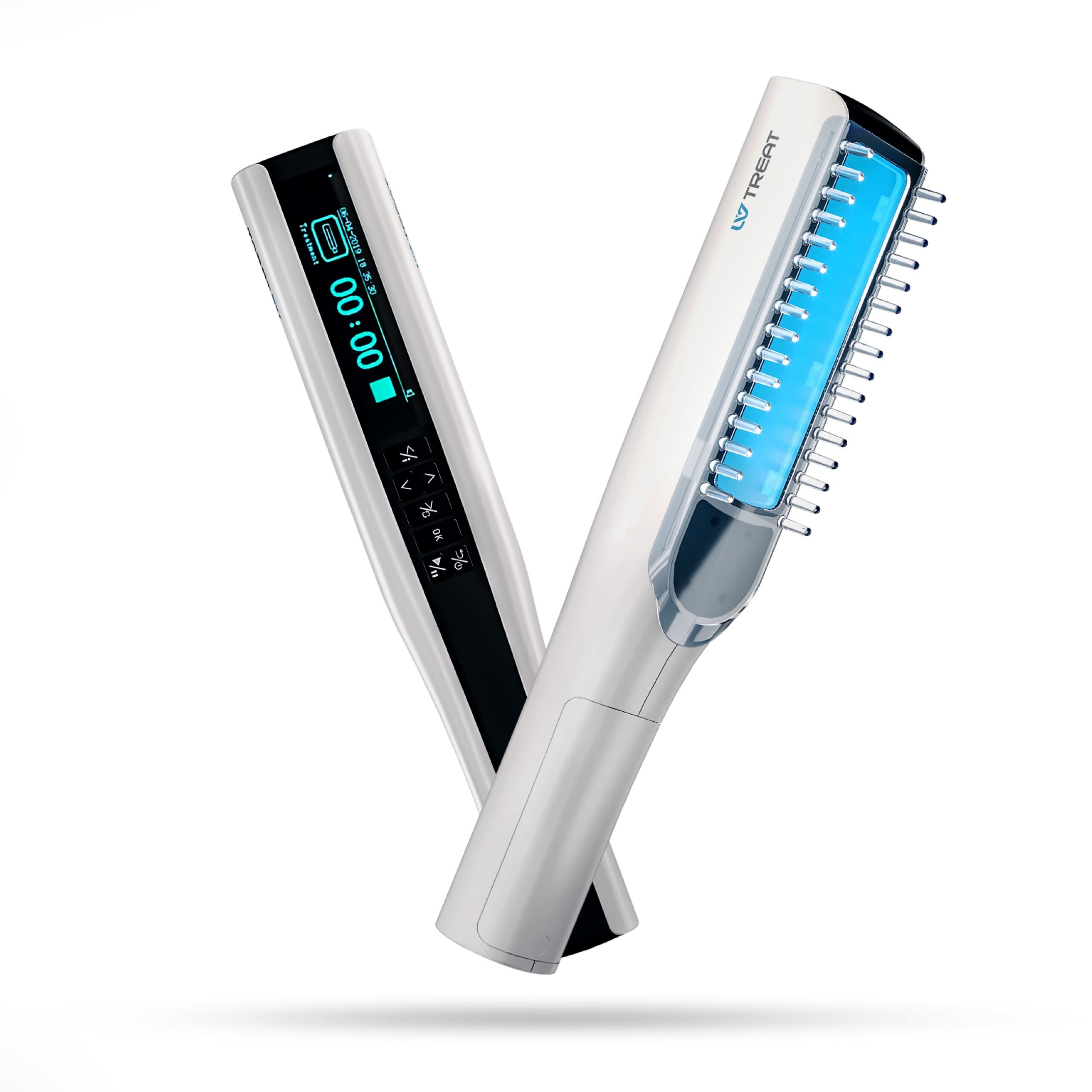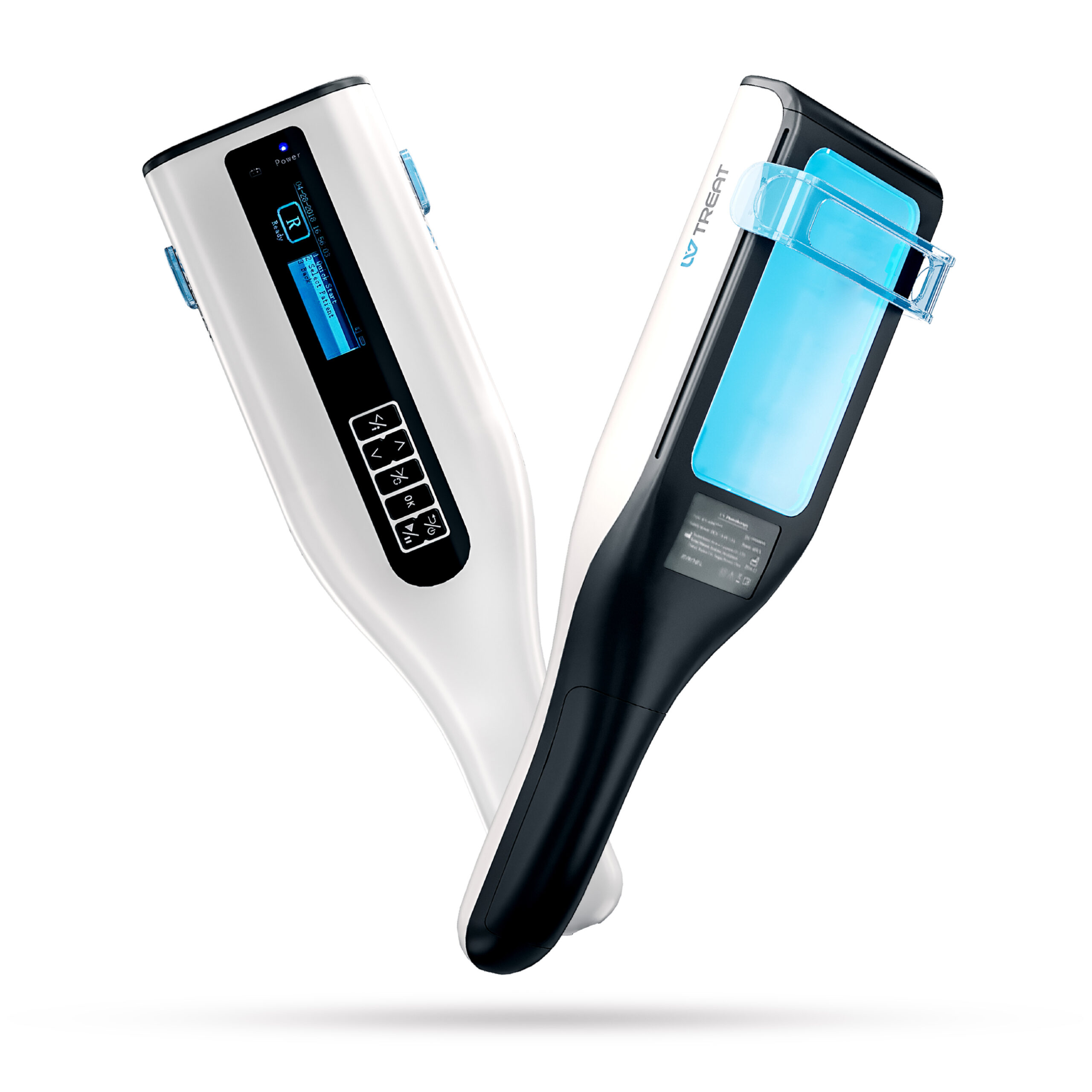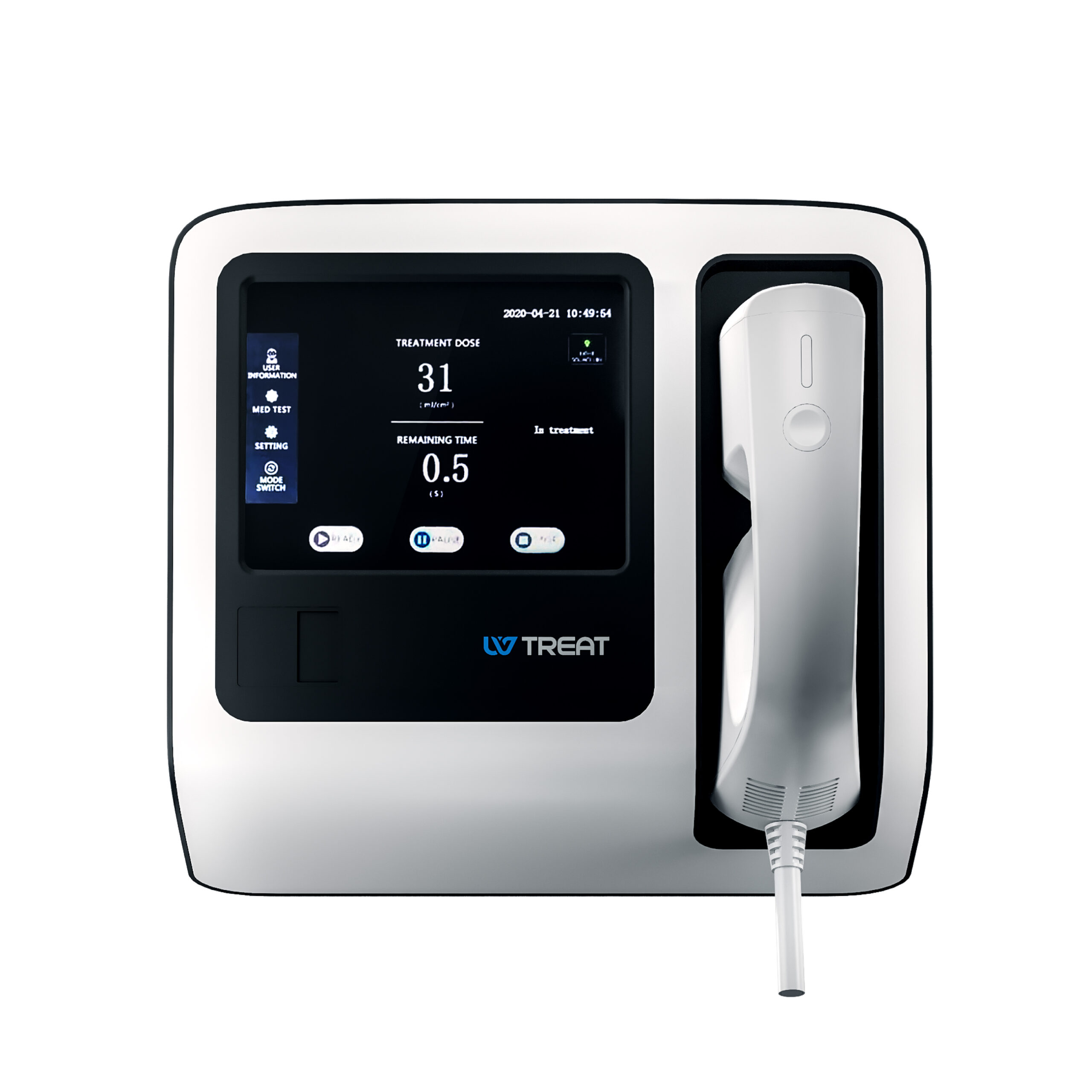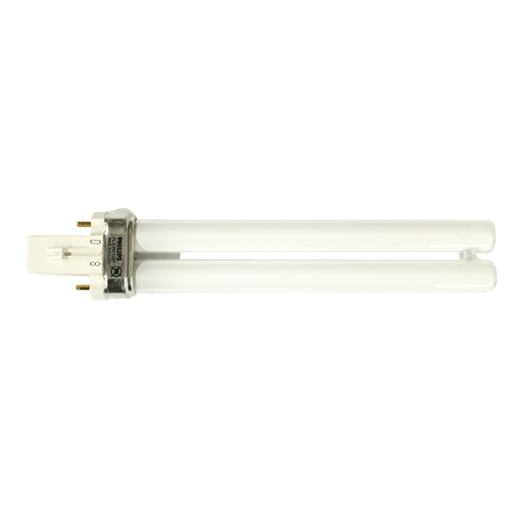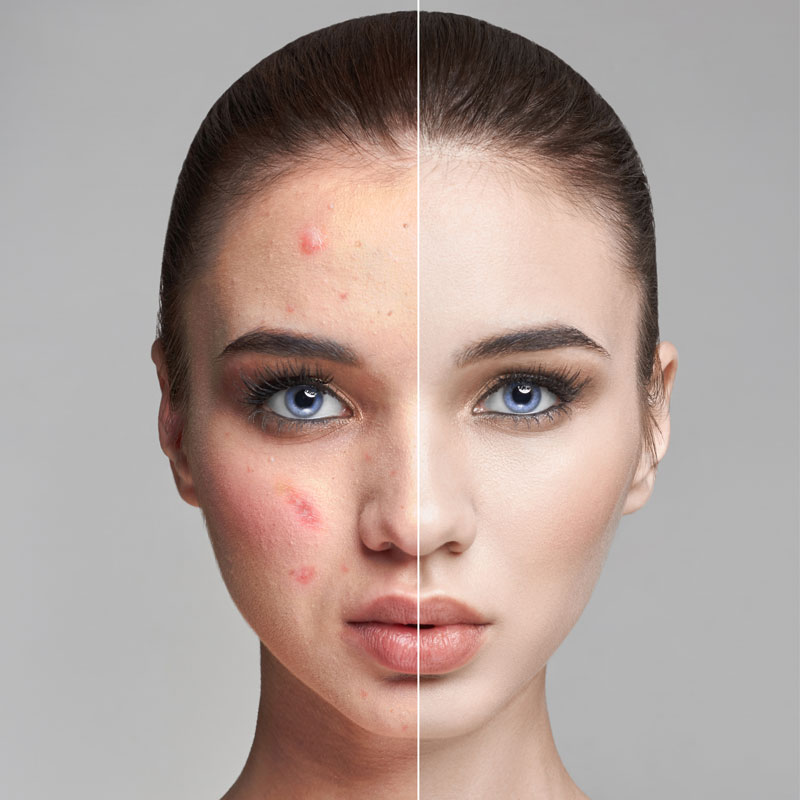The Emotional Journey of Living with Eczema
Understanding the Psychological Impact
Living with eczema goes beyond physical discomfort; it’s an emotional journey that can profoundly impact mental well-being. The constant battle with itchy, inflamed skin often leads to feelings of anxiety and frustration, deeply affecting one’s self-esteem and social interactions.

Navigating the Emotional Challenges
Many individuals with eczema experience stress and worry about their appearance and the visibility of their condition. This stress can, in turn, exacerbate the physical symptoms, creating a challenging cycle. The impact on mental health is significant, with studies indicating that people with eczema are more likely to experience anxiety and depression (Mental Health Foundation, 2023).
GET UVB THERAPY NOW
Breaking the Cycle: Support and Empathy
At UVTREAT, we recognize the emotional toll of eczema. It’s not just about treating the skin; it’s about nurturing the mind. Our approach encompasses empathetic support and effective treatment strategies to help break the cycle of stress and flare-ups. We’re committed to not only improving your skin but also enhancing your overall quality of life.
Empowerment Through Effective Treatment
Effective management of eczema symptoms with treatments like UVB Phototherapy can significantly reduce mental stress and improve life quality. By gaining control over symptoms, individuals can experience a renewed sense of confidence and comfort, paving the way for positive mental health.
You’re Not Alone
Remember, you’re not on this journey alone. UVTREAT is here to support you every step of the way, offering both physical relief and psychological reassurance. Together, we can navigate the challenges of eczema and move towards a happier, healthier life.
Identify and Manage Eczema Triggers for Better Skin Health
Eczema flare-ups can be unpredictable, but understanding common triggers is key to better management. Our detailed guide highlights known irritants and environmental factors such as scratchy fabrics, excessive bathing, and extreme temperatures. By identifying and avoiding these triggers, you can take proactive steps towards minimizing flare-ups and maintaining healthier skin.
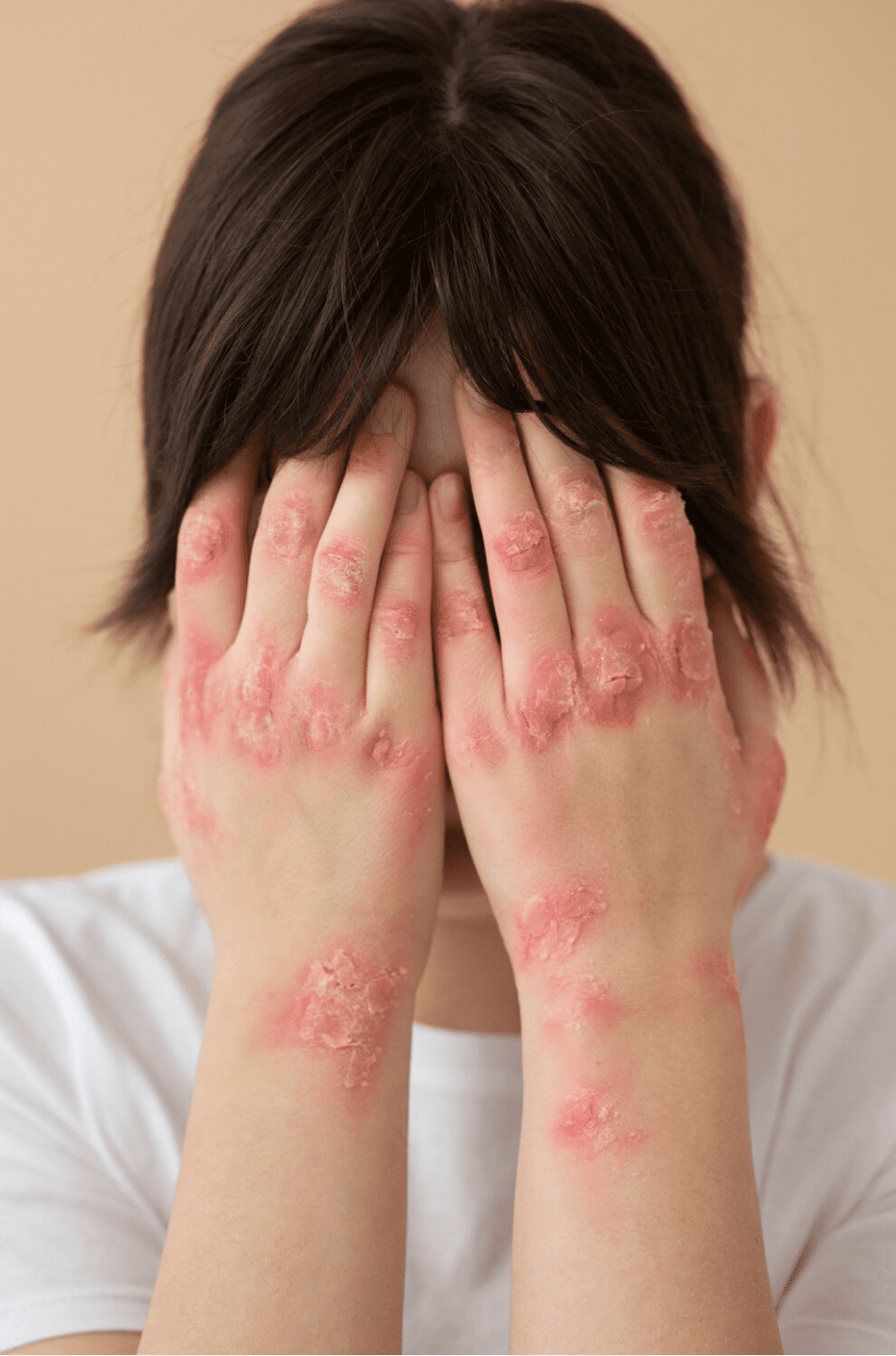
Studies show that daily habits significantly impact eczema management. For instance, about 60% of eczema patients report worsening symptoms due to harsh soaps and detergents (Skin Health Alliance, 2023). Furthermore, environmental factors like low humidity can exacerbate eczema in up to 45% of sufferers (Rearch Gate/Global Dermatology Consortium, 2024). Understanding these triggers is crucial in creating an effective skin care regimen.
Tailoring Your Eczema Care
Navigating through eczema treatments can be overwhelming. That’s why we’ve laid out the top methods for managing eczema, including UVB Phototherapy, Topical Corticosteroids, and Topical Calcineurin Inhibitors. Each treatment has unique benefits and potential side effects, and our guide helps you understand these to make an informed decision suited to your specific needs.

Research highlights the varying effectiveness of these treatments. For example, Topical Corticosteroids are effective in 70% of eczema cases but pose risks of side effects like skin thinning (Dermatological Research Society, 2023). In contrast, UVB Phototherapy has shown an 80% effectiveness rate in reducing eczema symptoms with minimal side effects, making it a preferred option for long-term management (Phototherapy Advancement Group, 2024).
What Are The Three Methods To Treat Eczema?
Although there is no cure for Eczema, a long-lasting skin condition that causes red, itchy, bumpy skin, there are effective treatment options to treat its symptoms. Below are the top three methods to treat Eczema symptoms.
- UVB Phototherapy
- Topical Corticosteroids
- Topical Calcineurin Inhibitors

Topical Corticosteroids
These prescribed medications help address inflammation and itching in patients experiencing moderate to severe cases of Eczema.
However, they do have potential drawbacks. These drawbacks may include:
- Skin Thining (Atrophy)
- Skin Discoloration
- Stretch Marks
- Steroid Addiction/Withdrawal
- Skin Sensitization
- Risk of Systemic Absorption
Topical Calcineurin Inhibitors
Topical Calcineurin Inhibitors are commonly used to treat Eczema in sensitive areas such as the face and groin. These non-steroidal creams relieve inflammation and itching without the side effects associated with long-term corticosteroid use.
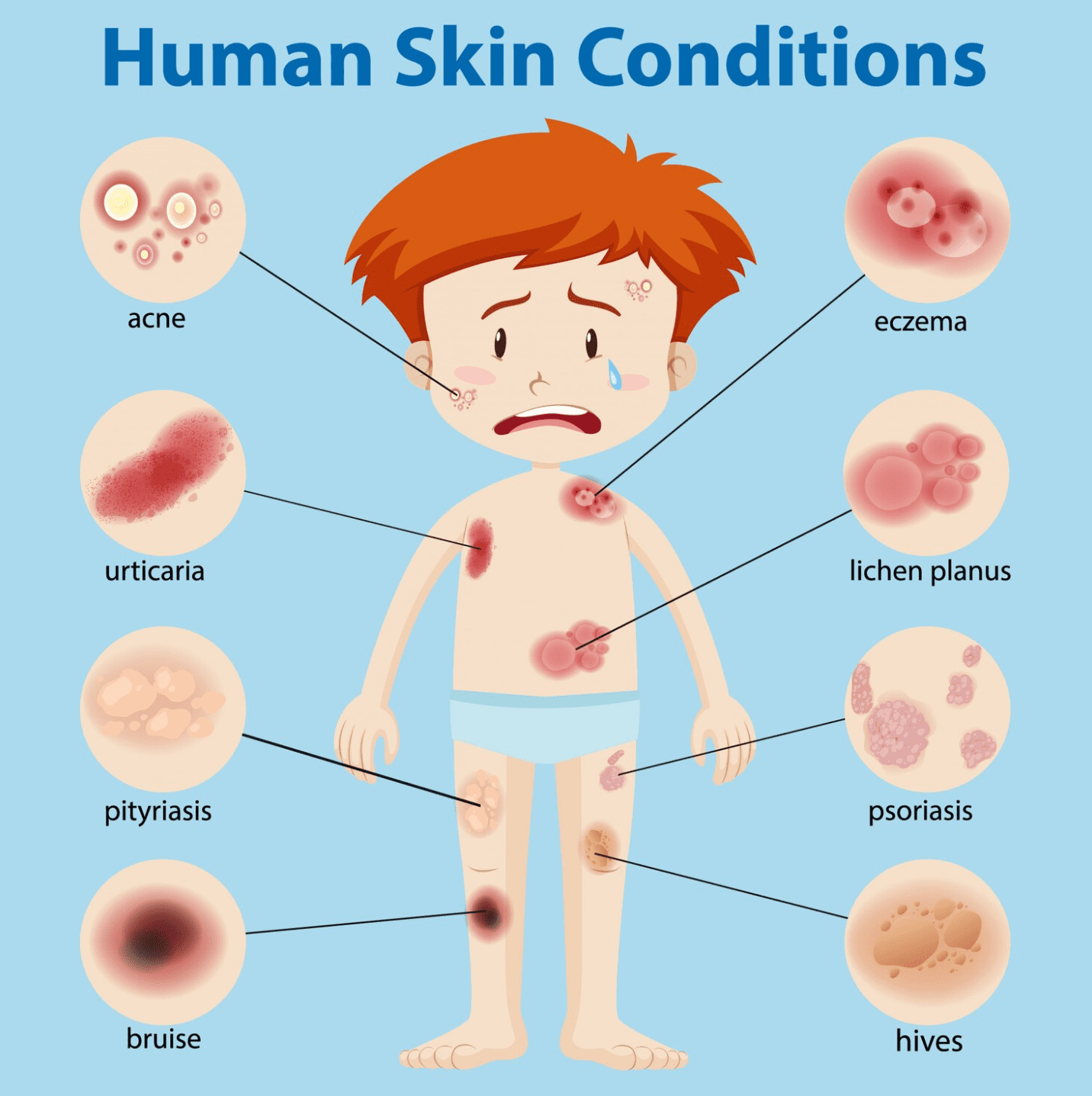
That being said, there are adverse side effects you can experience, such as:
- Burning Sensation
- Sensitivity To Sunlight
- Itching and Redness
- Skin Cancer, and Lymphoma
In addition, Topical Calcineurin Inhibitors are among the most expensive options.
